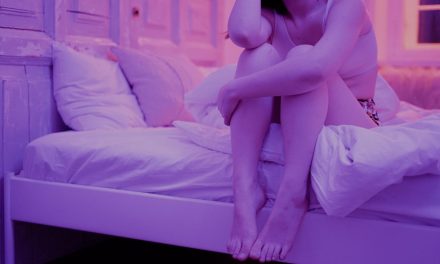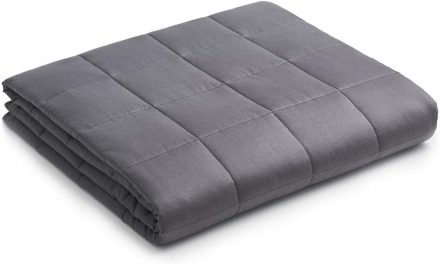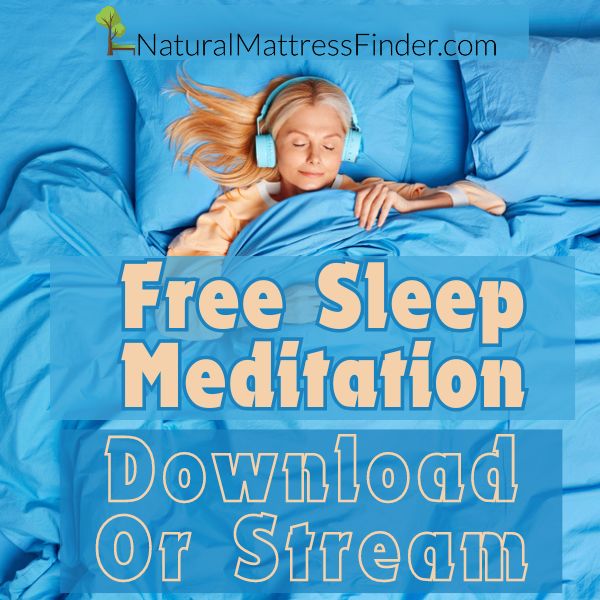Table of Contents
TED Talk Insomnia Video Summary
What causes insomnia, the world’s most common sleep disorder? Insomnia is the result of stress and anxiety due to things like travel, work commitments, upcoming exams or, large family gathering (especially if some rivalry exists between the family members). Most of the time, issues that cause stress are temporary. A reduction in stress is often accompanied by a reduction in insomnia if it was even present in the first place.
After elaborating on the link between insomnia and stress Kwartler questions whether insomnia could be caused by the worry and stress about losing sleep. Kwartler theorizes that the anxiety one experiences about insomnia creates a “loop”, which not only aggravates the problem but is the root cause of it.
A sleepless night can be attributed to a number of factors, including physical pain, emotional unrest, a snoring partner or jetlag. For most of us, exhaustion sets in after sleep deprivation. And we can sleep it off and reset body and mind, usually with one or two full nights of sleep. The sleep deprivation due to stress and anxiety is temporary, and with a regular sleep schedule, we can eventually get back to feeling normal and energetic.
What Causes Insomnia at the physiological level?
However, some physical conditions like respiratory illnesses and gastrointestinal problems can overpower tiredness. Sufferers from certain physical conditions can begin to associate the bedroom, sleeping and their bed with pain, which can trigger a “fight or flight” response. When bedtime approaches, an insomniac can begin to feel stressed out, realizing that he or she is about to experience another sleepless night.
That is when insomnia-inducing chemicals get released when you worry about sleep.
The pre-bedtime stress and anxiety cause the secretion of adrenocorticotropic hormones and Cortisol, which enter the insomniac’s bloodstream. This causes an increase in heart rate and blood pressure which leads to hyperarousal. In this case, the term hyperarousal is not meant in a sexual context but rather identifies a situation in which the person becomes hyper-aware, much like if there was an immediate threat. In this scenario, every little noise and discomfort becomes impossible to ignore and is evaluated as a potential threat by the brain.
What happens when an insomniac finally falls asleep?
When an insomniac does finally fall asleep, their sleep quality is compromised. The state of stress causes the brain to burn cerebral glucose, which it uses to function normally during waking hours. The sleep-preventing adrenaline flows through the insomniac’s body, speeding up metabolism. As a secondary effect, the brain burns through the limited daily supply of glucose. This may explain why insomniacs wake up feeling exhausted, stressed-out and confused. The entire process repeats itself the next day.

Some simple insomnia remedies like maintaining a regular schedule, avoiding devices close to bedtime and using your bed only for sleep can radically improve insomnia symptoms.
The long-term effects of insomnia
When the cycle of insomnia is repeated daily and lasts several months, it is called chronic insomnia. Although chronic insomnia is rarely lethal, it can lead to other physical and mental health conditions. People that have depression or anxiety also may experience panic attacks. The chemical process in panic attacks is similar to that of chronic insomnia. Kwartler theorizes that someone with chronic insomnia is at a higher risk of developing panic attacks, anxiety and depression.
Ted Talk: Insomnia cycle and how to break it
Kwartler says that there is a way to break the chronic insomnia cycle and reduce the stress that leads to hyperarousal. Combining this with practices that optimize the quality of your sleep can help vanquish chronic insomnia.
How to reduce nighttime fight or flight “threats” that cause hyperarousal
- Use blackout curtains to block out light pollution from a window.
- Use your bed only for sleeping and sexual activities.
- Avoid working on your bed (with laptop, phone, tablet).
- Avoid reading for long periods of time on your bed.
- If you can’t sleep, get up and do a relaxing activity like journaling, meditating or reading to tire yourself out.
- Reset your biological clock (circadian rhythm) by going to bed and waking up at the same time.
- Your biological clock (circadian rhythm) is sensitive to light. So, avoid bright light and screens in order to get your body into sleep mode.
Medication
Although sleeping pills can be tempting because they present an easy fix, they can be highly addictive. Withdrawal symptoms may occur after the medication is stopped, making an insomnia problem worse.
NaturalMattressFinder.com: some herbal teas and supplements are effective in helping curb the symptoms of insomnia.
Do you really have insomnia?
Sleeplessness may not always be attributed to insomnia in all cases. 8% of patients diagnosed with chronic insomnia actually suffer from a different condition called DSPD (delayed sleep phase disorder).
People suffering from DSPD have a circadian rhythm that is longer than 24 hours. Their sleep habits are out of sync with most people’s sleeping hours. Sleep issues that stem from DSPD are not due to stress and anxiety. When allowed to follow their own sleep schedule, people with a DSPD condition can get good quality sleep.
Ted Talk: Insomnia and how to fix it
In order to stay healthy, one must maintain a delicate balance between sleeping and waking. One of the best things you can do is employ some of the suggestions mentioned above to your bedtime routine, like going to bed early and avoiding screen time, starting tonight. Follow the recommendations that can be easily applied.
What causes insomnia? Essentially, it is sleeplessness caused by stress, anxiety and an unbalanced sleep schedule. So if implementing the sleep optimization tips that are discussed in this article causes you to worry, defeats the purpose. Use what you can, and improve your sleep, one night at a time.















